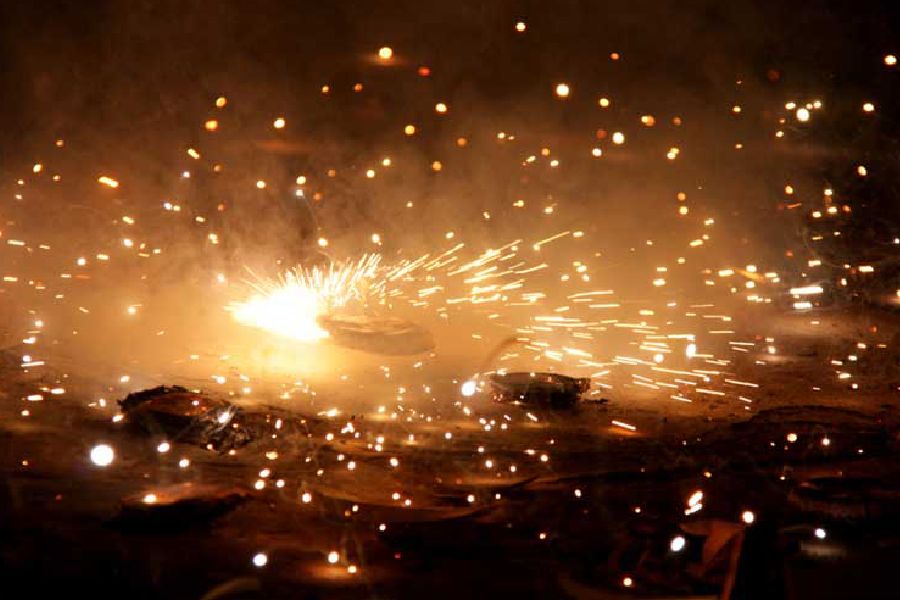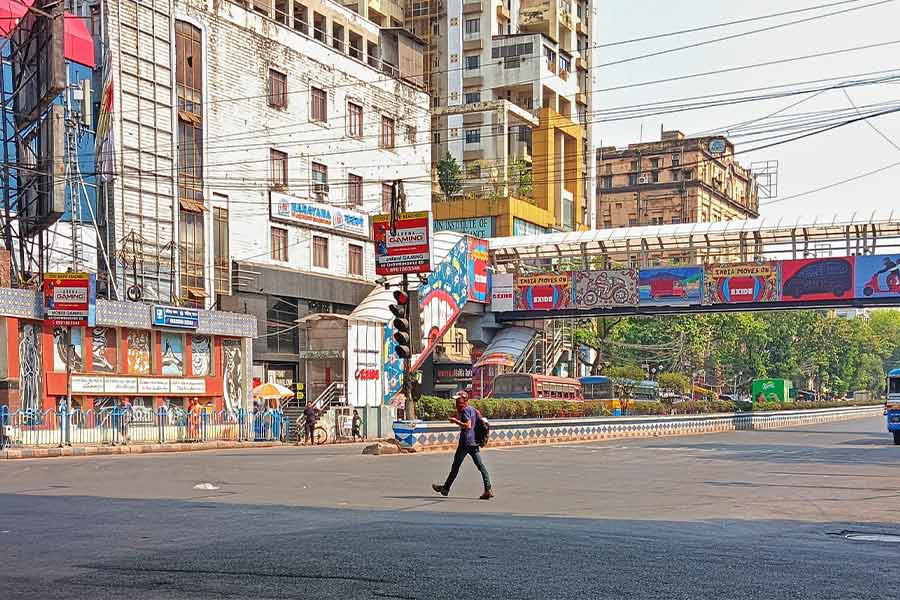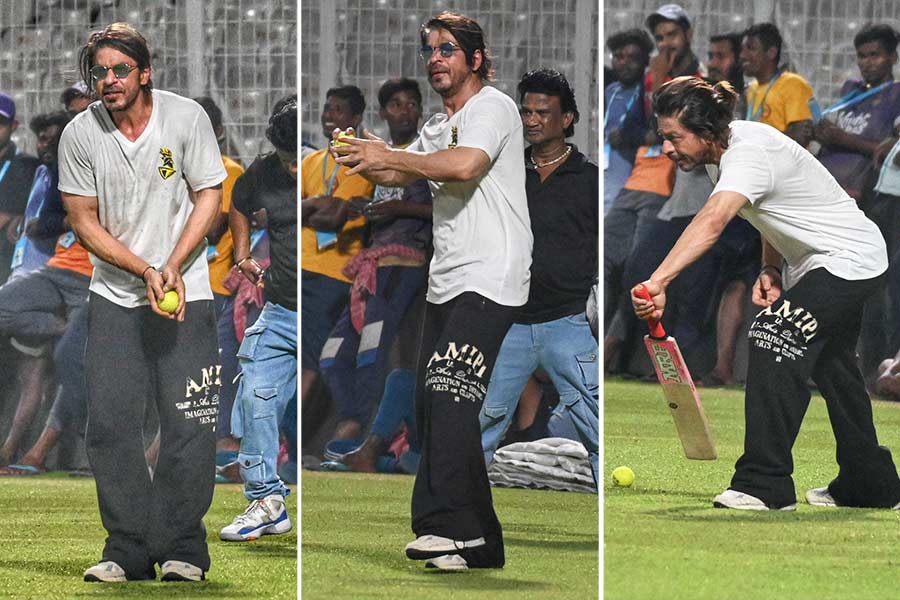Many burnt fireworks merrily, many complained and the law enforcers allegedly stayed at a safe distance.
On Diwali night, the Supreme Court window of 8pm to 10pm for lighting fireworks was just a rule on paper.
A team of green activists toured the city from 8pm to 3am to see how the city was celebrating Diwali. Metro tagged along with them.
“We started the monitoring around 8pm. Initially, it looked fine, but the violations increased sharply after 10 and peaked around midnight. It became quieter well past 2am,” said Naba Dutta of Sabuj Mancha, a green platform.
Hospitals
All hospitals and the surrounding areas (a radius of 100m from the hospital) are “silent” zones. No fireworks — not even green fireworks — can be burst and loudspeakers played in a silent zone at any time of the day.
However, the norms proved irrelevant as the sound level at all hospitals often rose to 80 decibel or beyond, with crackers — mostly shells — going off in quick succession in the immediate vicinity.
The intensity and frequency rose after 10pm.
The noise limit for a “silent” zone is 45 decibel from 6am to 10pm and 40 decibel thereafter.
“Of the hospitals visited, SSKM was the best in terms of noise level. The situation around Ramakrishna Mission Seva Pratishthan on Sarat Bose Road, NRS in Sealdah, RG Kar in Belgachhia, BC
Roy children’s hospital in Phoolbagan and the police hospital in Bhowanipore was poor,” said a member of the green team.
At the NRS Medical College and Hospital, some students were allegedly found bursting banned firecrackers. “I will inquire into the matter,” the hospital superintendent said in response to a query about the violation.
“The situation has gone from bad to worse in most of the hospitals over the years. Unfortunately, police and
the pollution control board could not find a strategy to counter the violators,” said Dulal Bose, ENT specialist and former sheriff of Calcutta, who is also president of Sabuj Mancha.
Highrise hotbeds
The team found that while the thoroughfares were largely spared, the lanes and bylanes, along with highrise buildings, were hotbeds of cracker norm violations.
Areas like Santoshpur, Behala, Parnasree, Ballygunge, Tollygunge, Baguiati, Bangur, Phoolbagan, Bhowanipore and Alipore were among the worst affected.
“In my area, the violations mostly happened in highrises,” said a senior officer from a police station in south Calcutta.
“We, too, found that highrises were the hotbeds of violation with people bursting shells and other fireworks
on their terrace,” said Pragyaparamita Dutta, of Sabuj Mancha.
Lax enforcement
As the violations increased on Diwali evening and reached a crescendo around midnight, the administration remained largely ineffective.
The police, who have been assigned a major responsibility by the Supreme Court to enforce the firecracker rule, were hardly seen trying to identify and arrest violators, residents said.
They were allegedly missing even around hospitals, said a member of the monitoring team.
In earlier years, the police were often seen chasing and arresting violators, the member said.
The team did not see such action this time.
A senior official of the state pollution control board said the police did not cooperate when they approached a police station with a complaint against violations in the area.
The pollution control board was hardly any better. Although it had several mobile teams on the ground and flew three drones to identify violators, the exercise was largely ineffective.
“I do not know what the board has done this year, but earlier we used to push the police to act. Even a joint team of the police and the board used to go to critical areas,” said Biswajit Mukherjee, former chief law officer of the board.
“There was no action because nobody wanted to act. That is the reason the violation rose sharply,” said a green activist.
A senior official of the pollution control board said: “This is so unfortunate that 5 per cent of the people spoiled all attempts at implementing the noise rule and affected 95 per cent of the community who were not party to the violation.”






